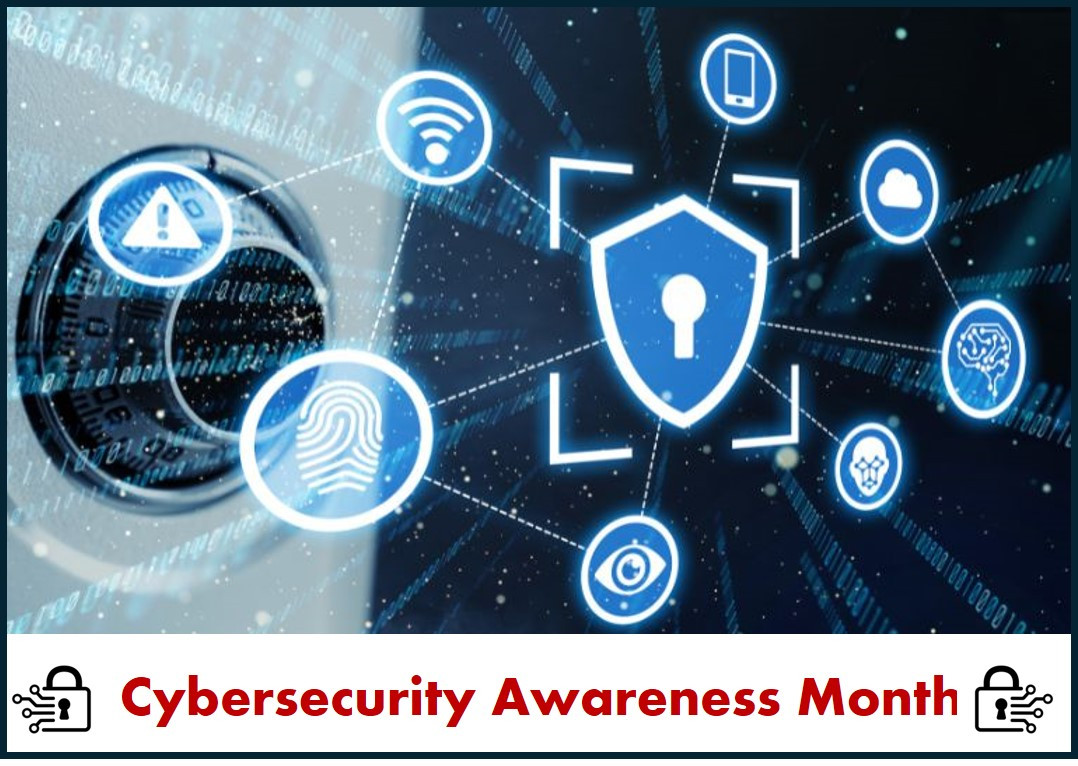InTegriLogic Blog
The Role of Encryption in Safeguarding Sensitive Business Data
Encryption plays a crucial role in protecting sensitive business data from unauthorized access and breaches. By converting data into a secure format that can only be deciphered with a specific key or password, encryption ensures that even if data is intercepted or accessed by unauthorized parties, it remains unreadable and unusable.
This is particularly important for safeguarding confidential information, such as customer records, financial data, and proprietary business information. Implementing strong encryption protocols helps maintain data integrity and privacy, providing a critical layer of defense against cyber threats.
In addition to protecting data at rest, encryption is also essential for securing data in transit. Whether data is being transmitted over the internet, between servers, or within a corporate network, encryption ensures that it remains secure from eavesdropping and tampering. Modern encryption methods, such as TLS (Transport Layer Security) for online transactions and AES (Advanced Encryption Standard) for data storage, provide robust security for business communications and sensitive information. Regularly updating and managing encryption keys is also vital to maintaining the effectiveness of your encryption strategy.
By incorporating encryption into your overall cybersecurity strategy, you significantly reduce the risk of data breaches and enhance your business's data protection measures. Ensuring that encryption practices are up to date and properly implemented can safeguard your organization’s valuable information, build trust with clients, and comply with regulatory requirements.
News & Updates
Contact Us
Learn more about what InTegriLogic can do for your business.
InTegriLogic
1931 W Grant Road Suite 310
Tucson, Arizona 85745

